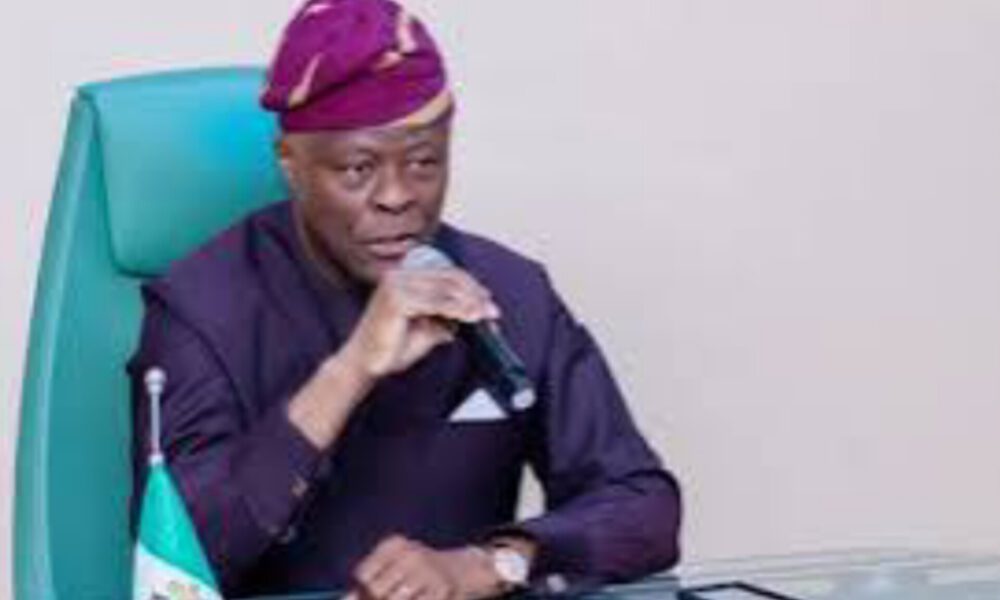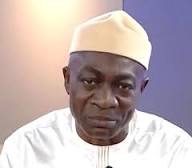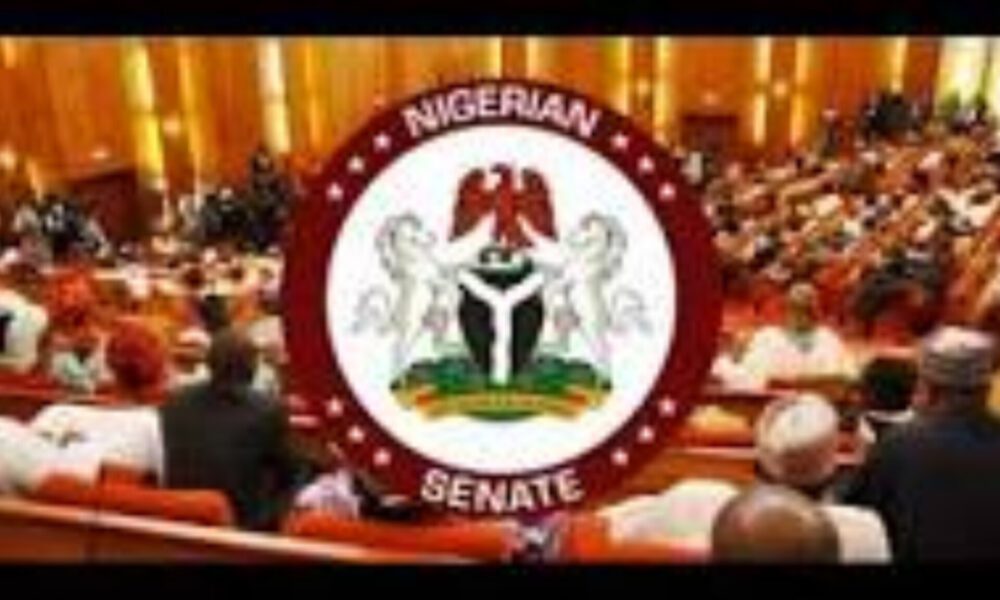Tensions flared at the National Assembly on Thursday as Finance Minister and Coordinating Minister of the Economy, Wale Edun, faced tough questioning from senators over the 2024 budget performance and the proposed N49.7 trillion 2025 budget.
The high-stakes interaction turned contentious, leading Edun to request an executive session, which forced journalists to exit and further agitated lawmakers.
Central to the heated exchanges were unanswered questions about savings from the removal of the fuel subsidy. Senators, including Abdul Ningi (Bauchi Central), pressed for specific figures on how much had been saved and how those funds were being utilized.
“How much has truly been saved from the subsidy removal, and where has the money gone?” Senator Ningi demanded. “The public deserves to know how their sacrifices are benefiting the economy.”
The lawmakers also raised concerns about debt servicing, underperforming capital expenditure, and the dual implementation of the extended 2024 budget alongside the 2025 proposal. Minority Leader Senator Abba Moro criticized the apparent deviation from the January-December budget cycle and flagged the negative impact of declining oil revenues and rising inflation on ordinary Nigerians.
Minister Edun painted a more optimistic picture, citing improved oil production, increased revenues, and international endorsements of Nigeria’s reforms. Minister Atiku Bagudu echoed this sentiment, noting a rise in the revenue-to-GDP ratio and successes in security, social intervention, and infrastructure funding.
Despite these reassurances, senators remained skeptical, with Chief Whip Senator Tahir Monguno highlighting systemic inefficiencies in centralized payment policies that delay budget implementation and create opportunities for corruption.
As the Senate Appropriation Committee scrutinizes the 2025 budget, lawmakers are demanding greater transparency and accountability, particularly regarding the allocation of fuel subsidy savings. With public trust hanging in the balance, the executive faces mounting pressure to provide concrete data and actionable plans to justify its optimism.
The ₦49.7 trillion 2025 budget emphasizes inclusive growth, poverty reduction, and job creation. However, senators insist that without clear accountability, such promises risk being undermined by inefficiency and mistrust.
Senate interogates Wale Edun on Fuel Subsidy Savings, Budget Transparency



